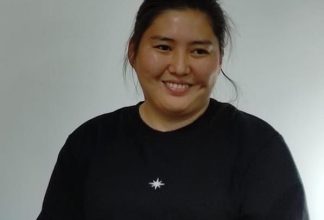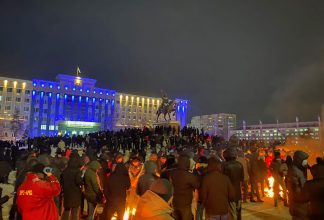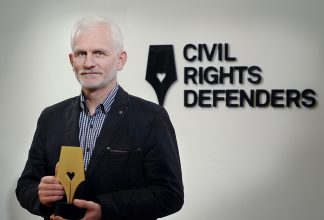Why is it important to treat all refugees equally?
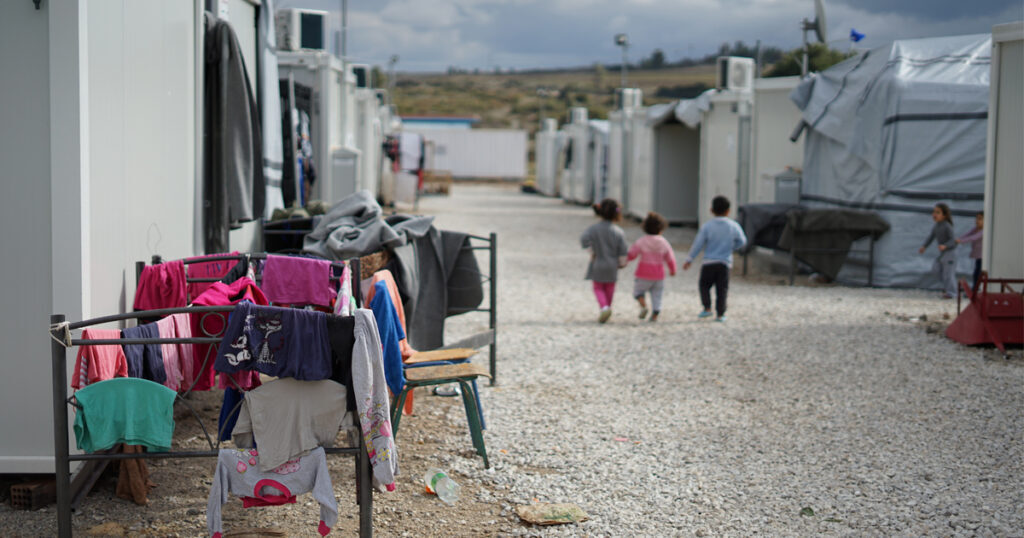
Bombs are falling, hospitals are being shelled, civilians are being killed – in recent weeks, EU countries have joined forces and offered very important support for people in urgent need of protection from the war in Ukraine.
At the same time, wars and conflicts are taking place in many other parts of the world, where the EU countries’ willingness to offer protection is conspicuous by its absence. Who really has the right to seek asylum and why is it important not to discriminate between people?
Our lawyer Tilda Pontén explains.
From what conflicts are people fleeing today?
“In recent years, many people have fled from deadly violence, sexual violence, or lack of access to water, food and medical care in, for example, Afghanistan, Syria, South Sudan and Burma. There are often many reasons why people are fleeing.
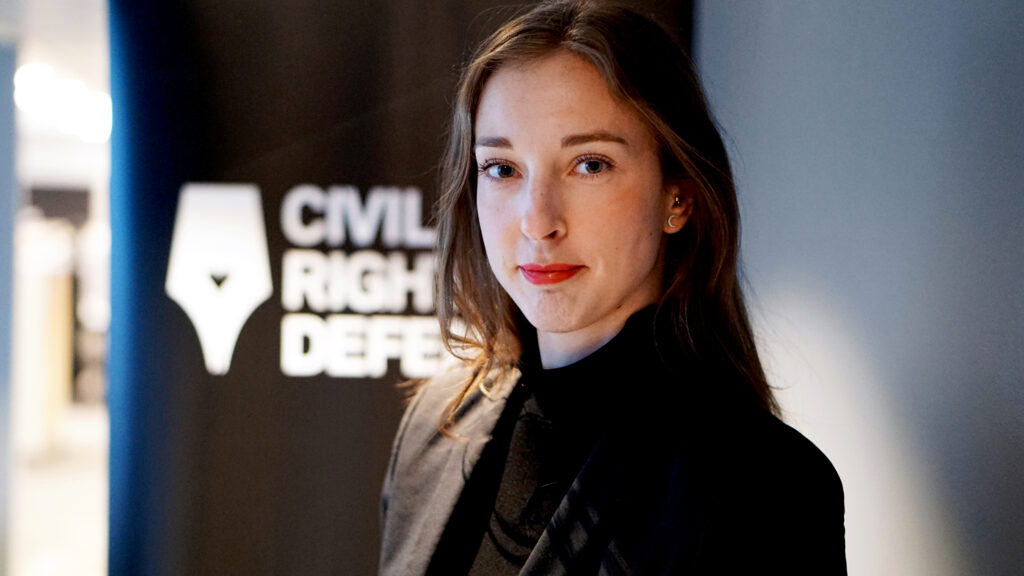
According to statistics from the end of 2020, i.e., before the war in Ukraine, just over half of all people displaced were internally displaced persons. This means that they are refugees in their own country. Those fleeing abroad usually end up in a neighbouring country (73%). Nine out of ten refugees (86%) are hosted by poor countries. The war in Ukraine has led to millions of people seeking protection in their neighbouring area in Europe in a short period of time.
Many conflicts in the world do not receive enough attention despite the great human suffering they cause, such as the conflicts in the Democratic Republic of the Congo, Yemen and Ethiopia.”
What is the situation for people fleeing to Europe?
“People who flee their homes almost always do so in desperation. At the same time, escape is associated with great risks to life and health. Those fleeing to Europe often walk long distances where the risk of being subjected to physical violence is high. Due to strict entry requirements and dangerous routes to the EU, over 22,000 people have drowned in the Mediterranean since 2014. So far this year, nearly 200 people have died at sea between Libya and Italy and over 3,000 people have been sent back to Libya where they risk torture.
Despite the need for more safe routes to Europe, the entire EU has increased its border control at the expense of human rights since 2015. With the help of countries such as Turkey, Morocco and Libya, EU countries systematically stop people from entering Europe and seeking protection here, both by land and sea.
Those who, despite strict entry requirements and the risk to their lives, make it to Europe, often face very difficult conditions with a lack of access to healthcare, schooling, and adequate information. They are also often met by legally insecure asylum processes. For example, more than 186,000 asylum seekers and other people are displaced in refugee camps or unsafe settlements in Greece. There are serious humanitarian shortages and people are there indefinitely. This is due to closed borders and a lack of willingness to take joint responsibility among EU countries.”
How has the war in Ukraine affected refugee policy in the EU?
“In the context of the war in Ukraine, the EU has for the first time activated the so-called Temporary Protection Directive of 2001. The directive is intended to create a system of temporary protection when many are fleeing conflict at the same time. However, it is important to know that the directive does not provide a long-term and humane solution for displaced people. Among other things, the directive entails temporary residence and work permits, without being granted asylum, and a minimum protection for social and economic rights, roughly equivalent to the rights that asylum seekers in Sweden have. But adults will not be part of the welfare system as a whole as long as they do not receive other types of residence permits.
Even in countries that have long been critical of asylum seekers, people have shown a willingness to give many of those fleeing the war in Ukraine a humane reception. On the other hand, there is information that, for example, Ukrainian Roma and students from African countries have been discriminated against at the border, which is unacceptable.
At the moment, it is difficult to know whether the EU’s policy on people fleeing Ukraine will last for the long term. It is also difficult to know whether EU policies can change in relation to other groups who want to seek asylum in the EU. What we need going forward is a European regulatory framework that enables humane reception and international protection for all the people who need it.”
Why it is important to treat all refugees equally?
“The idea behind the right to asylum is that people fleeing grave human rights violations should be protected in other countries. Seeking asylum and having the asylum application legally tried in line with rule of law principles is a human right. People fleeing violence and other sufferings have many experiences in common. At the same time, asylum seekers coming from outside Europe are generally subjected to more racism and xenophobia and are more often accused of being so-called “economic migrants”.
Sweden and the EU member states have a responsibility to protect the right to life and prevent ill-treatment of all people. Also, to ensure accessible and safe routes to seek protection, and legally secure asylum processes, without discrimination on grounds of, for example, nationality, ethnicity, or religion. The EU must not forget the non-Ukrainian citizens (or stateless persons) at different EU borders who also want to seek asylum, and who are currently being shut out.
Read more
- Statement by the Council of Europe’s Commissioner for Human Rights making four recommendations to stop pushbacks and other human rights violations of displaced people at Europe’s borders (7 April 2022).
